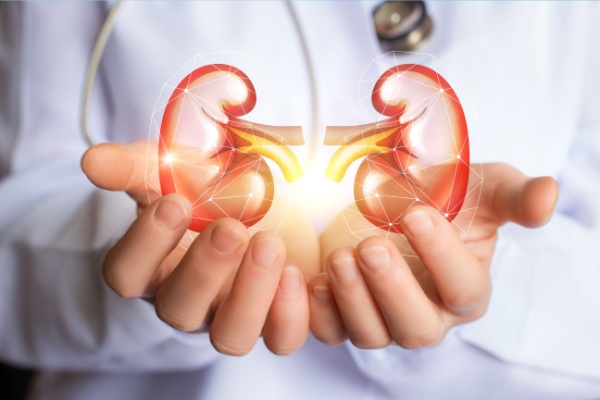Established 60 years ago, the National Kidney Foundation (NKF) recognizes each March as National Kidney Month. Kidney disease affects nearly 37 million Americans.
According to the Centers for Disease Control (CDC), this past year 54,358 people died of chronic kidney disease (CKD). CKD is the tenth leading cause of health-related deaths. In fact, CKD deaths are higher than traffic related deaths cited by the Occupational Health Safety which in 2023 were over 44,000. CDC research notes Vermont having the lowest CKD deaths per 100,000 residents at 4.4 with West Virginia the nation’s highest at nearly 26 per 100,000.
Who is at Risk?
At significant risk of kidney disease are individuals with high blood pressure, diabetes, and an inherited family history.
In addition, according to the NKF and CDC, Native, African, Hispanic, and Asian Americans, as well as Pacific Islanders are more likely to experience kidney disease. The National Institute of Diabetes and Digestive and Kidney Diseases (NIH) added CKD is more prevalent in women at 14 percent with men at 12 percent.
How Your Kidneys Function
The NIH offers the following insight on your kidney function and importance:
Your kidneys are two bean-shaped organs, each about the size of your fist. They are located just below the rib cage, one on each side of your spine.
Healthy kidneys filter about a half cup of blood every minute, removing wastes and extra water to make urine. The urine flows from the kidneys to the bladder through two thin tubes of muscle called ureters, one on each side of your bladder. Your bladder stores urine. Your kidneys, ureters, and bladder are known as your urinary tract.
Each of your kidneys is made up of about a million filtering units called nephrons. Each nephron includes a filter, called the glomerulus, and a tubule. The nephrons work through a two-step process: the glomerulus filters your blood, and the tubule returns needed substances to your blood and removes waste.
Kidneys remove waste and extra fluid from your body. Your kidneys also remove acid which is produced by the cells of your body and maintain a healthy balance of water, salts, and minerals–such as sodium, calcium, phosphorus, and potassium–in your blood.
Without this balance, nerves, muscles, and other tissues in your body may not work normally. Your kidneys also make hormones which help:
- Control your blood pressure
- Make red blood cells
- Keep your bones strong and healthy.
Symptoms of CKD
The National Kidney Foundation cites the following symptoms of possible CKD:
- You’re more tired, have less energy or are having trouble concentrating.
- You’re having trouble sleeping.
- You have dry and itchy skin.
- You feel the need to urinate more often.
- You see blood in your urine.
- Your urine is foamy.
- You’re experiencing persistent puffiness around your eyes.
- Your ankles and feet are swollen.
- You have a poor appetite.
- Your muscles are cramping.
How to Maintain Kidney Health
The website Healthline recommends the following guidelines to take care of your kidneys; especially if you have a family history of CKD:
- Eat a lower sodium diet.
- Cease smoking and drinking alcoholic beverages.
- Lose weight if you are overweight or obese and maintain the new lower weight.
- Exercise five days per week for at least 30 minutes.
- Undergo routine blood and urine tests.
If you have concerns about your kidney function, talk to your doctor or health care professional. If it turns out you have a possible kidney issue, you will likely be referred to a kidney specialist, known as a nephrologist (M.D. or D.O.)
—
Photo Credit: Natali _ Mis / Shutterstock.com
